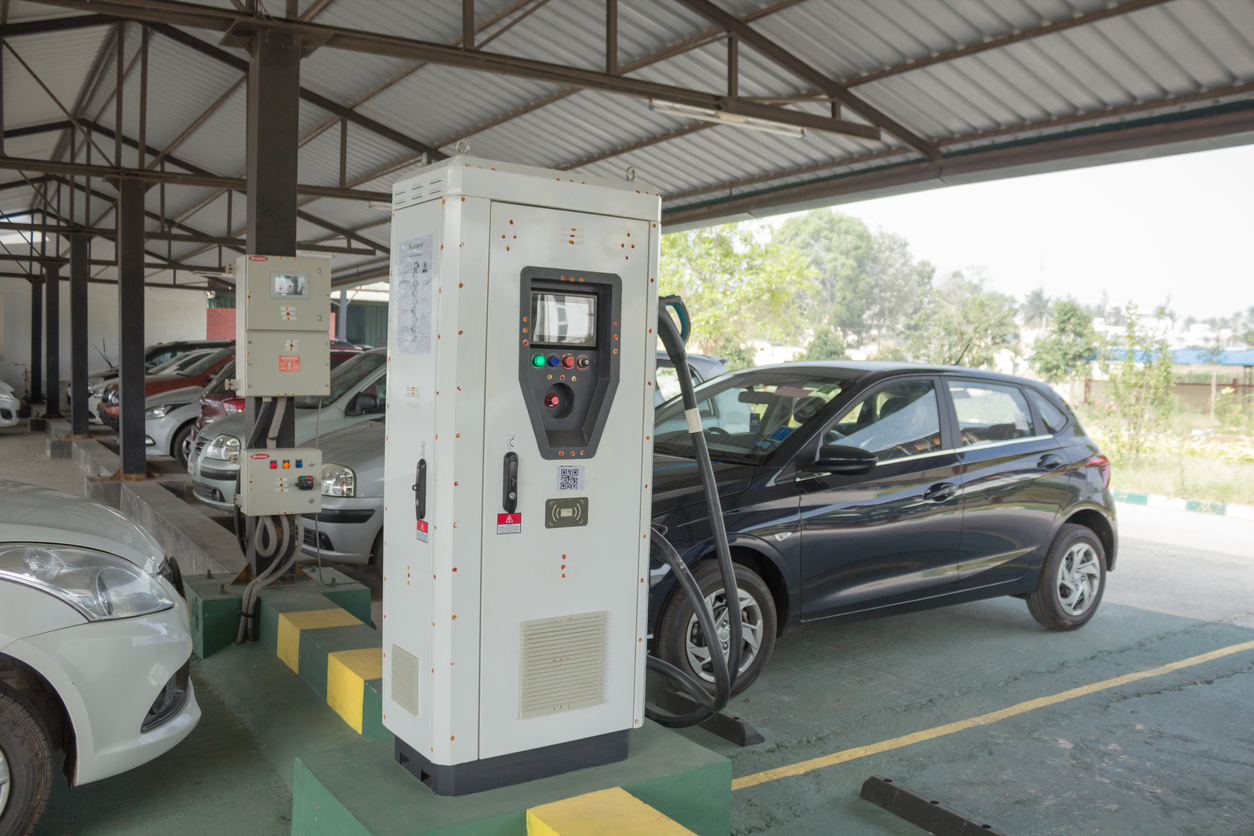
January 22, 2024
The long-term goal for 2047 is to promote the use of electric vehicles in different industries, which will be facilitated by tax incentives, PLI schemes, and mandatory infrastructure for charging
There is a need for the public and private institutions to provide financing beneficial to the cluster partnership model and innovative decarbonisation projects
PLI schemes for Advanced Chemistry Cell (ACC) battery storage and the auto, auto-components, and drone industries have been introduced with substantial outlays
Viksit Bharat @2047 aims to position India as a developed nation by 2047, commemorating the 100th year of independence

Rajesh Kumar Singh, Secretary in the Department for Promotion of Industry and Internal Trade (DPIIT), disclosed that the vision to propel India into a developed nation by 2047 involves a substantial shift towards EVs, backed by tax incentives, PLI schemes, and the mandatory establishment of charging infrastructure. underscored the pivotal role of EV development and adoption in India’s transition to a low-carbon economy.
The long-term goal for 2047 is to promote the use of electric vehicles in different industries. This will be facilitated by tax incentives, PLI schemes, and mandatory infrastructure for charging. Additionally, it is essential to shift the share of freight transport from road to rail, which will play a crucial role in reducing carbon emissions in the freight sector.
Singh also highlighted the government’s endorsement of 100% Foreign Direct Investment (FDI) for renewable power projects as an indication of the nation’s dedication to sustainable development. The vision, Viksit Bharat @2047, aims to position India as a developed nation by 2047, commemorating the 100th year of independence. It encompasses economic growth, social progress, environmental sustainability, and good governance.
During a ‘Financing Industrial Ecosystems of the Future’ session at the recent World Economic Forum (WEF) meeting in Davos, Singh discussed these aspects and stressed the need for public and private institutions to provide financing beneficial to the cluster partnership model and innovative decarbonisation projects.
Key reforms such as the PM Gati Shakti program and the Unified Logistics Interface Platform, showcase India’s commitment to sustainable development and robust infrastructure growth. India’s rapidly expanding EV market has attracted global players, with expectations of the electric vehicle market reaching 1 crore units in annual sales by 2030 and creating five crore direct and indirect jobs, according to the Economic Survey 2022-23.
In response to the surging demand for EVs, the Indian government is encouraging domestic manufacturing through fiscal measures. PLI schemes for Advanced Chemistry Cell (ACC) battery storage and the auto, auto-components, and drone industries have been introduced with substantial outlays. Tata Motors leads the passenger electric vehicle market in India.
Reflecting on his participation in the WEF, Singh described it as “highly successful” and underscored India’s consistent efforts to cultivate an environment of trust and confidence among investors and stakeholders. He concluded that India’s influential presence at the World Economic Forum 2024 reinforces its commitment to becoming a reliable and influential player on the global stage.
Source: Economic Times